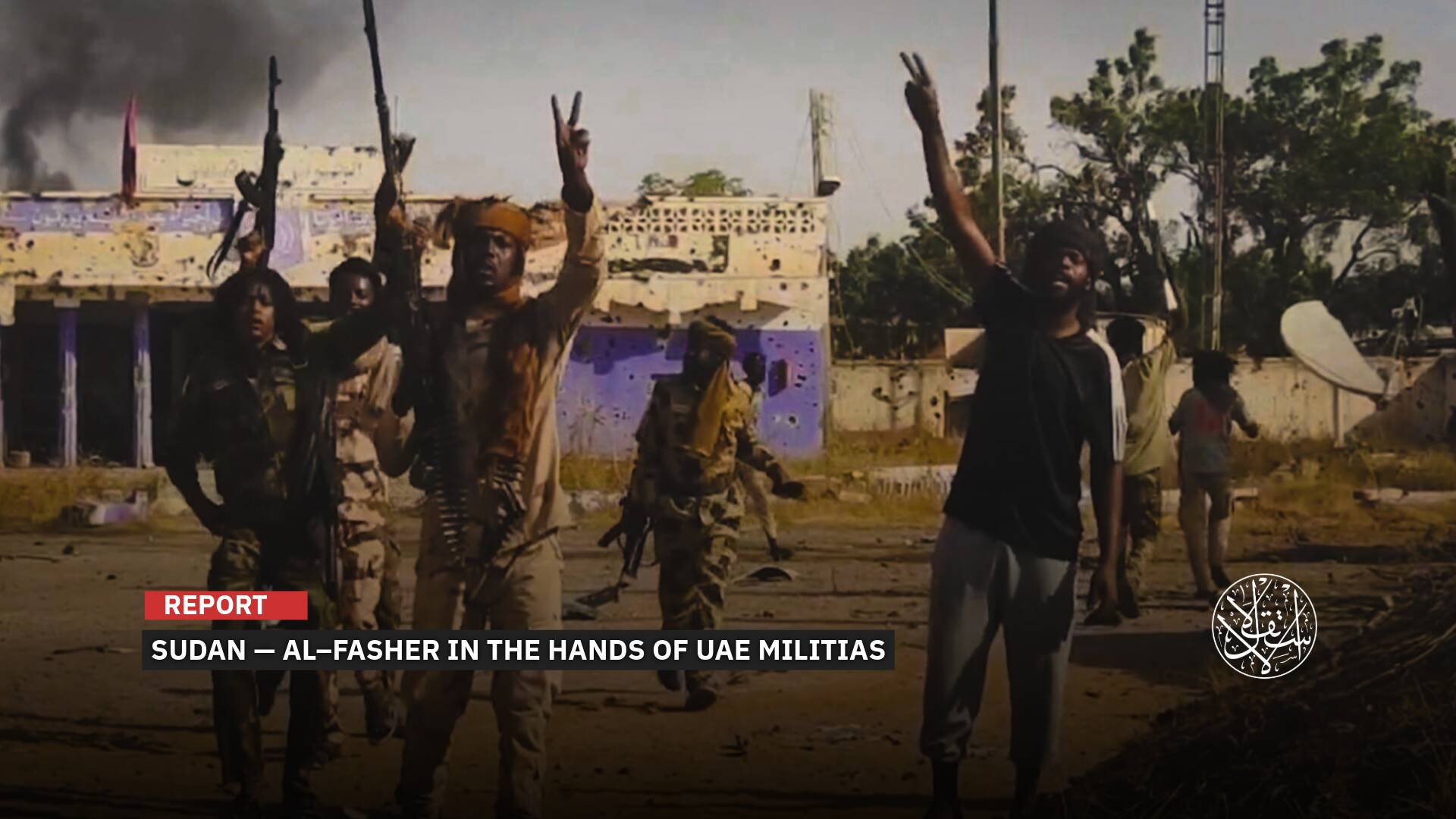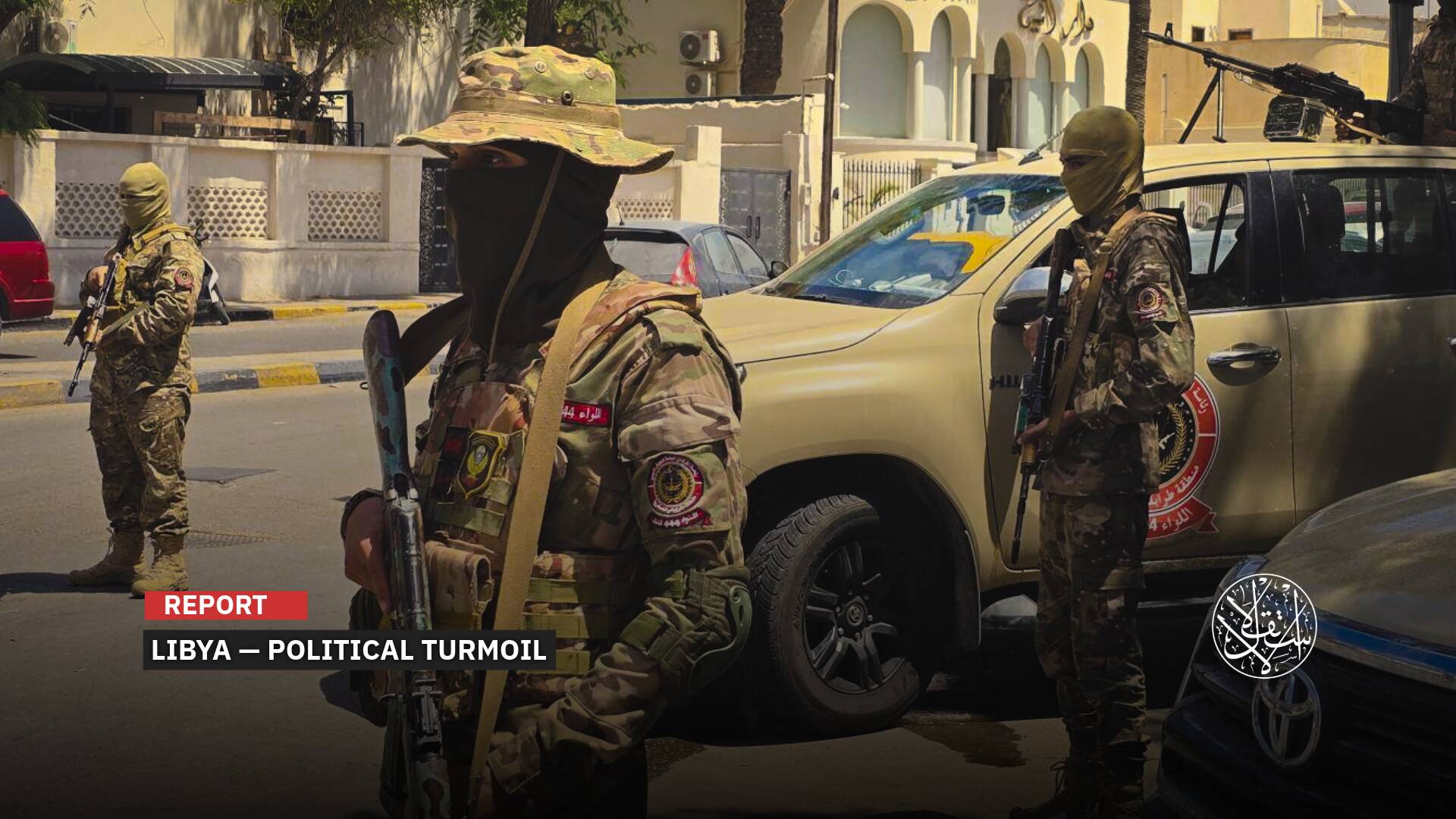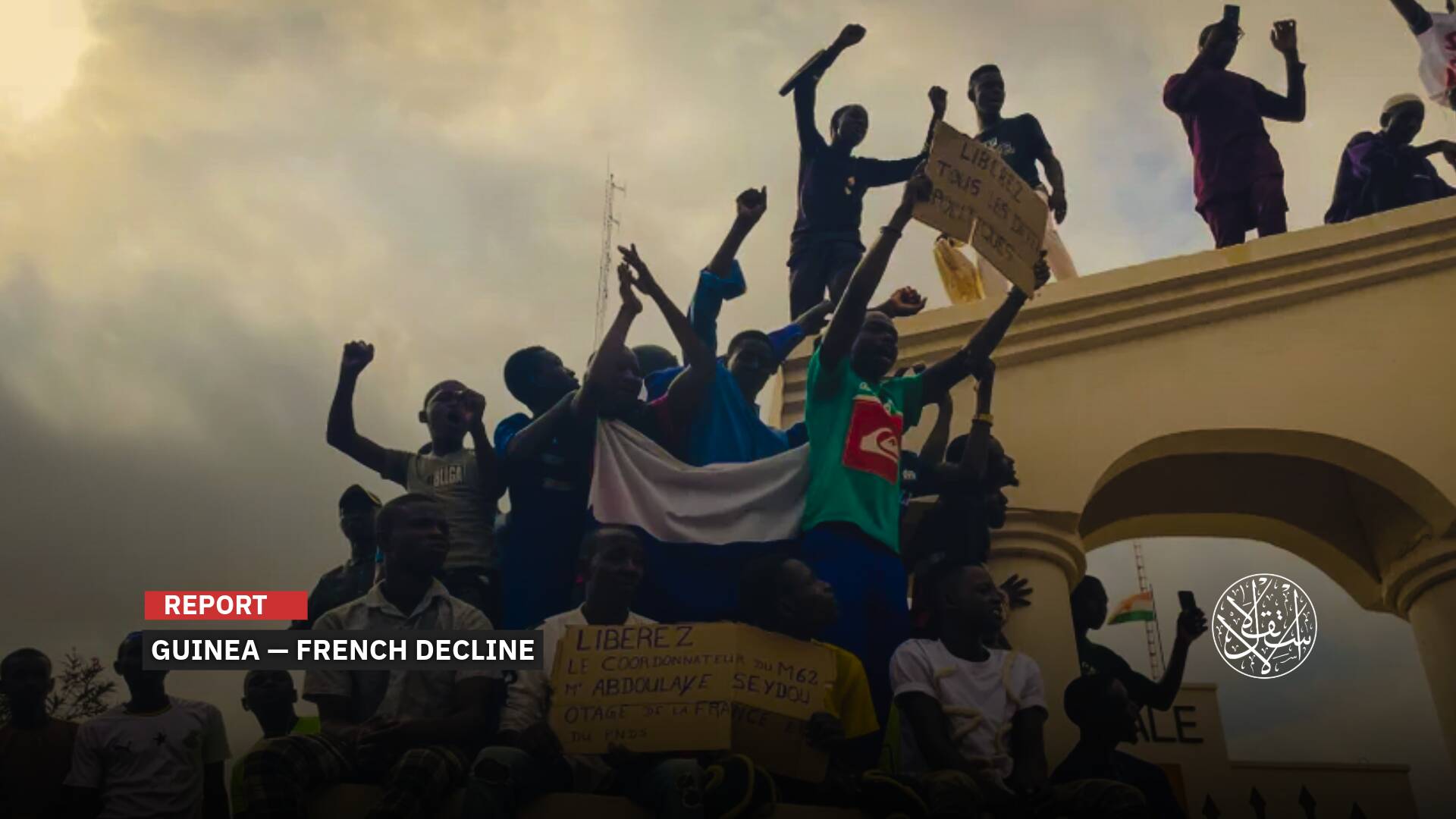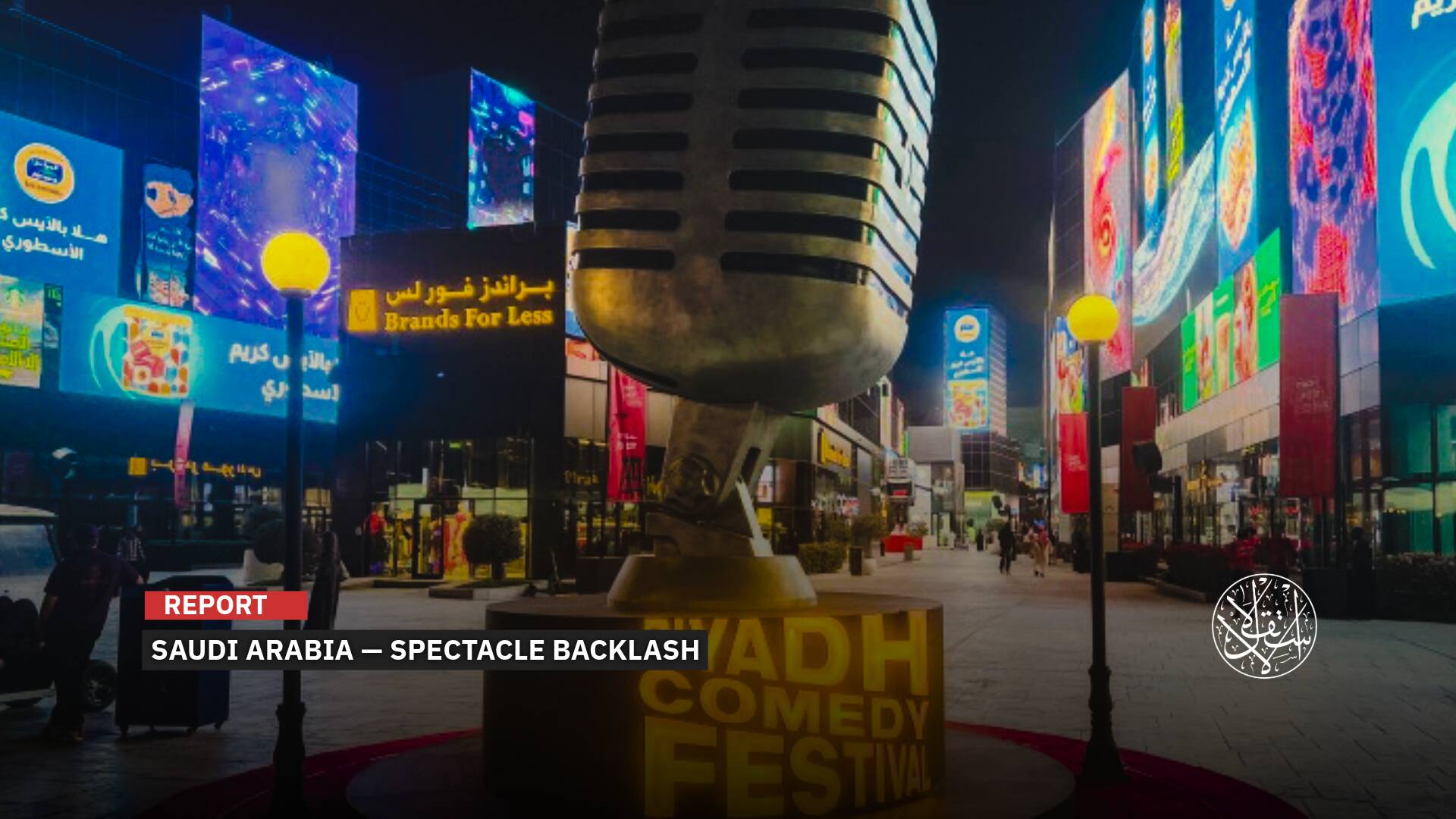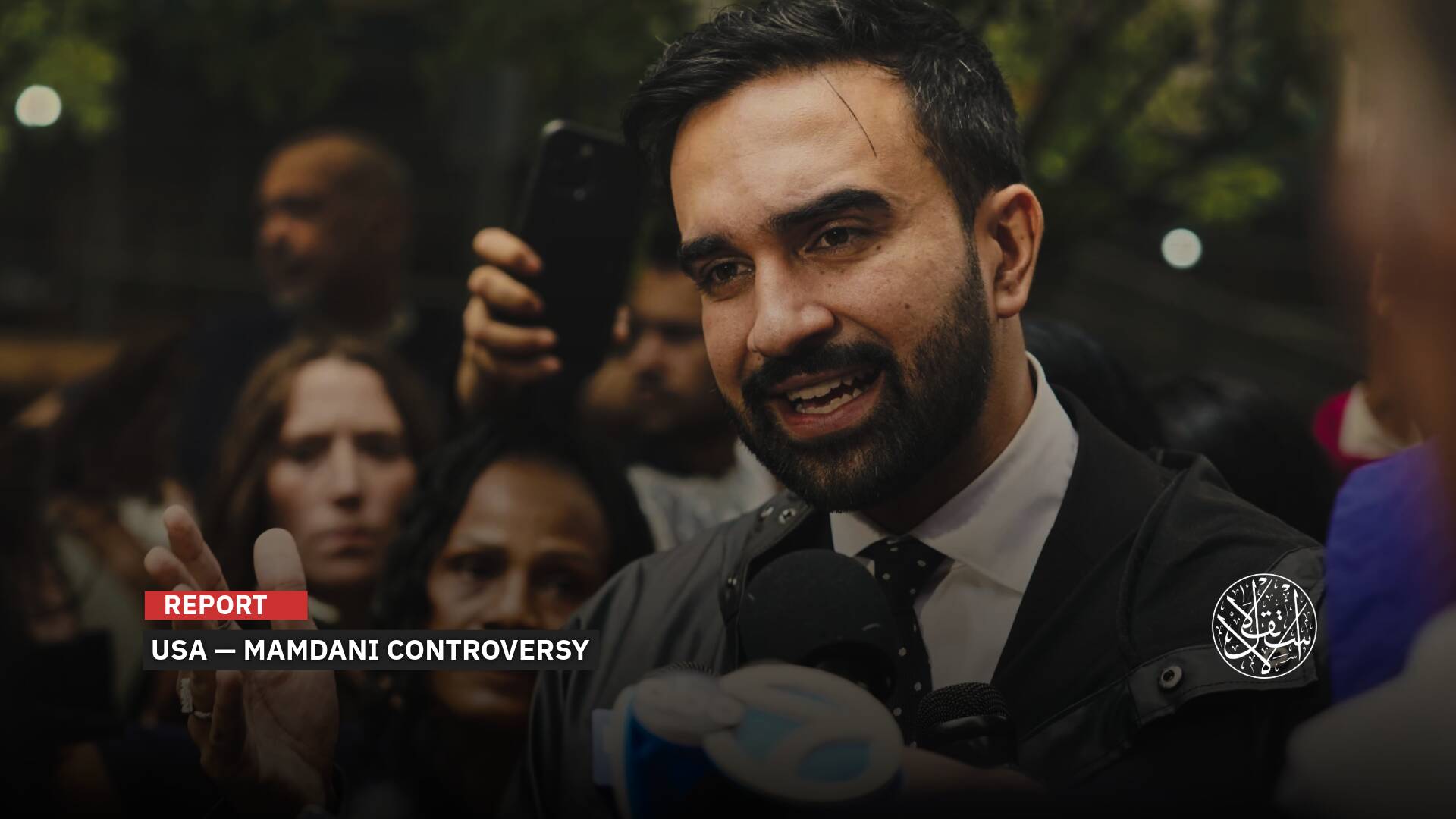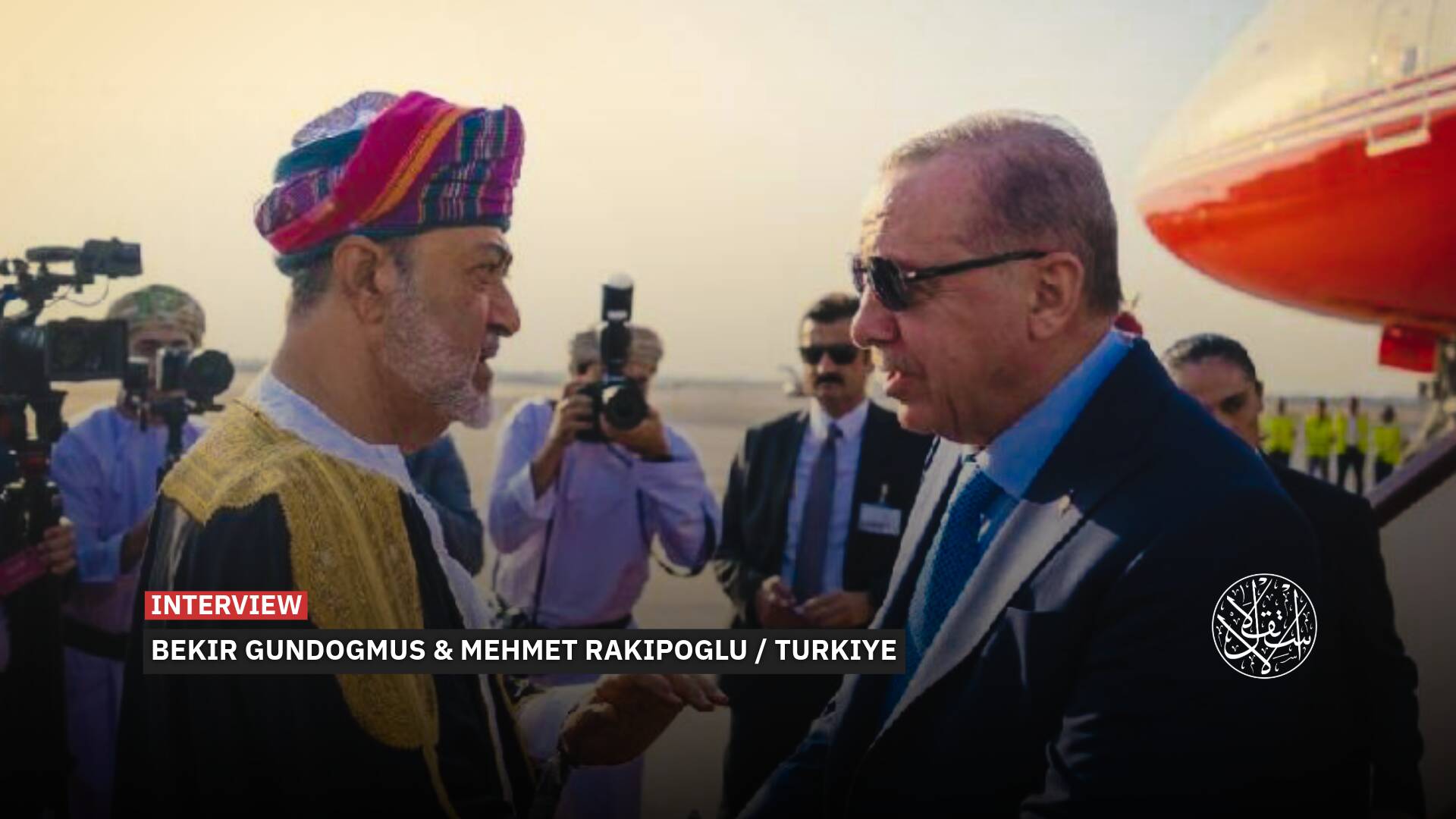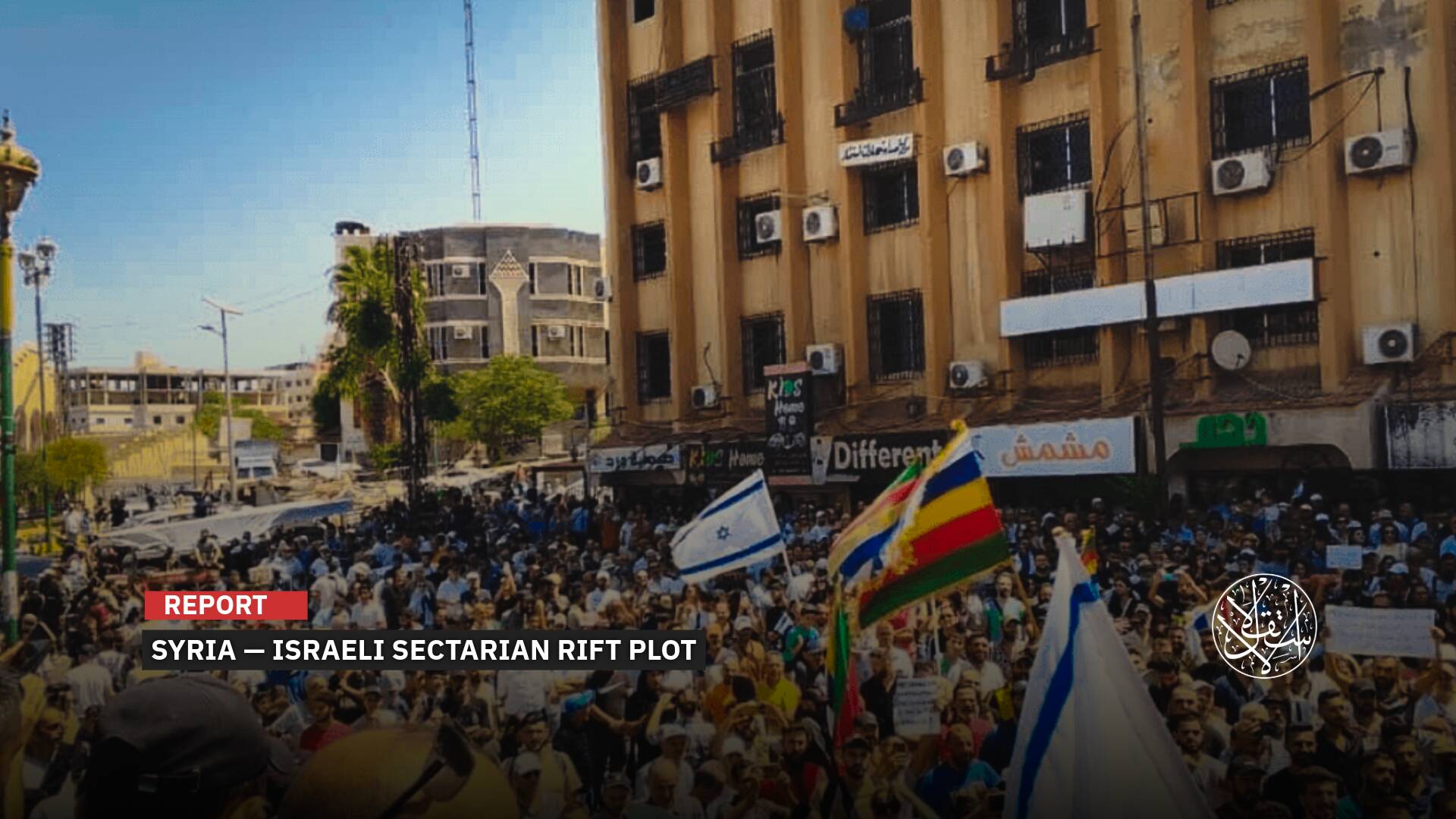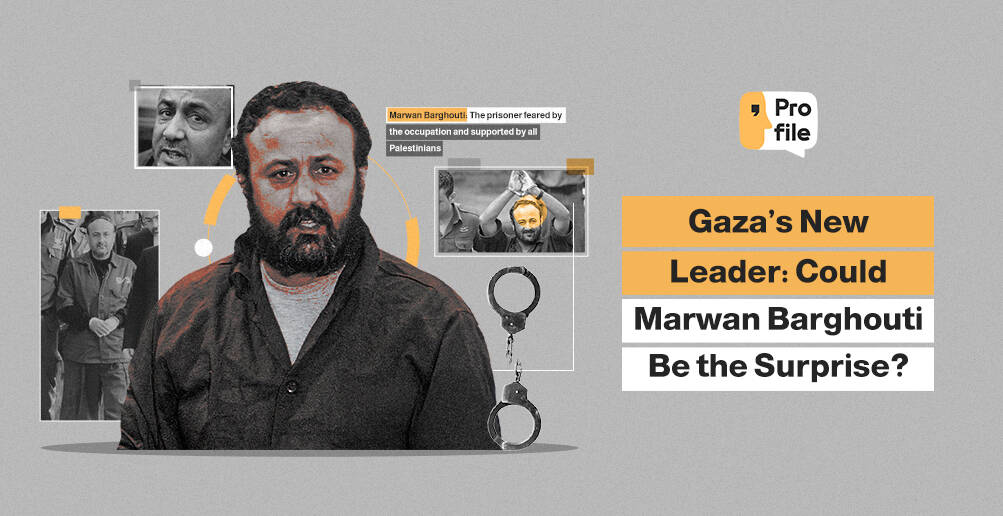Deal or War? How the U.S. Plays With Iran on the Brink

“The U.S. and Iran are once again on a collision course over the Iranian nuclear program.”
Amid the complex geopolitical shifts taking place in the Middle East, the relationship between the United States and Iran stands out as one of the most dangerous issues reshaping the regional order.
Amid escalating tensions between the Donald Trump administration and the regime of Iranian Supreme Leader Ali Khamenei, the fundamental question remains: Will the two sides head toward a military confrontation, or will diplomacy remain the most likely option?
Despite US airstrikes in Yemen and the deployment of US aircraft carriers and other military assets near Iran, a close look at the escalation and de-escalation situations between Tehran and Washington suggests that some deal will be reached to prevent an imminent confrontation that could escalate into a devastating war between the two countries.
Direct Negotiations
US officials said that the U.S. is pushing for direct nuclear talks with Iran, according to the Wall Street Journal, as the Trump administration pursues the ambitious goal of dismantling Tehran's nuclear program.
If Iran agrees to participate, these talks will be the first direct negotiations between the two countries since Trump withdrew from the previous nuclear deal in 2018.
Trump aims to go beyond the achievements of that deal, negotiated by the administration of former President Barack Obama, and accelerate the talks at a time when Western officials believe Iran is closer than ever to being able to assemble a nuclear weapon.
The Trump administration's strategy toward Iran has evolved from an approach based on maximum economic pressure during his first term to a strategy in his second term that combines diplomacy, military threats, and sanctions.
However, his policy toward Tehran has been characterized by ambiguity, likely due to divisions within his government and the Republican base, and his conflicting desires to project military power while forging a legacy as a peacemaker.
Trump's advisors are divided over how to deal with Iran, whether through strikes on nuclear sites, resuming economic sanctions, or striking deals.
For example, National Security Advisor Mike Waltz calls for the complete dismantling of Iran's nuclear program, while Vice President J.D. Vance opposes US military intervention to prevent Iran from crossing the nuclear threshold, and Trump's Special Envoy Steve Witkoff calls for a political settlement with Iran.
Israeli Prime Minister Netanyahu also opposes any settlement that does not completely end Iran's nuclear program, complicating mediation efforts.
The mere expiration of the two-month deadline set by Trump in his letter to Iranian Supreme Leader Ali Khamenei to reach a new nuclear deal will force his administration to choose between escalation, negotiation, or retreat.
The Iranians rejected the US policy of threats but opened the way to indirect negotiations.
Khamenei said he does not support negotiations with the U.S., but the Iranian mission to the United Nations later issued a statement not ruling out the possibility of negotiating with Washington over the nuclear program.
Iranian President Masoud Pezeshkian affirmed his country's opposition to direct negotiations with the U.S. under threat, but expressed openness to dialogue on an equal footing with Washington.
Trump received this positively but declared his willingness to negotiate directly, indicating that this could help facilitate the conclusion of agreements.
Meanwhile, the Entekhab website in Tehran quoted diplomatic sources in Iran as saying that if the indirect talks in Oman proceed positively, they could be followed by direct negotiations.

Imminent Strike
In conjunction with its diplomatic efforts, the U.S. has also escalated its military pressure on Iran in anticipation of the failure of direct talks or their lack of tangible results.
The Pentagon has expanded the US military presence in the Middle East, deploying two aircraft carrier strike groups to the region, along with F-35 fighter jets, B-2 bombers, and Patriot air defense systems.
Washington has made it clear that these moves are not preparations for an imminent strike on Iran, but rather support for the US campaign against one of Tehran's regional allies, a reference to the Houthis in Yemen.
The White House warned that it would hold Iran accountable if the Houthis fired on US forces.
In a related development, the Washington Post recently revealed that the U.S. and “Israel” are likely to launch a military strike against Iran within three months.
Israel’s government has confirmed that it is prepared to take military action to prevent Tehran from developing a nuclear weapon, expressing its desire for the U.S. to join it in a military attack on Iran.
Previously, a former US defense official said that a coordinated US-Israeli air campaign could cause serious damage to Iranian nuclear facilities, but it would likely need to be repeated after nine months or a year if Tehran attempts to rebuild the program.
On March 30, Trump again threatened Iran with unprecedented bombings and secondary tariffs if it did not reach an agreement on its nuclear program.
Supreme Leader Khamenei responded the next day that Washington would receive a severe blow if it acted upon Trump's threats.
Iranian military officials also confirmed that they were prepared to strike “Israel” and US forces in the region with a massive stockpile of ballistic missiles if the country was attacked.
Deputy IRGC Commander for Political Affairs Yadollah Javani warned that any attack on Iran’s nuclear facilities would push the country’s nuclear program into a new phase, implying potential weaponization.
He noted that US and Israeli threats would not succeed in destroying Iran’s nuclear knowledge or capabilities and reiterated that nuclear weapons have no place in Iran’s defense doctrine.
His remarks appeared to contrast with those of Khamenei’s senior adviser, Ali Larijani, who recently said that a military strike could prompt Iran to build nuclear weapons.
Iranian Foreign Minister Abbas Araqchi recently said that his country reaffirms that it will never, under any circumstances, seek to acquire, develop, or possess any nuclear weapons. His remarks represent a reversal of Larijani's statements.

War or Deal?
Is the conflict between Iran and both the U.S. and “Israel” escalating at an unprecedented pace. For the first time in the 45-year history of severed and tense Iranian-American relations, the language of threats and attacks has reached levels unprecedented in that period.
As messaging between Tehran and Washington rapidly evolves, Iranian politicians and media continue to send mixed messages, suggesting a deep divide on the issue.
Some see a great opportunity to resolve the major crisis between the two countries in a radical and fundamental manner, while others believe it is impossible to reach an agreement between the two sides due to the divergent positions and differing visions.
Reformist newspapers such as Arman Melli, Arman Emrooz, and Ham Mihan were optimistic about the issue, while fundamentalist newspapers were pessimistic and ruled out the possibility of any agreement between Iran and the Trump administration.
The fundamentalist newspaper Javan pointed to Trump's recent statements about Tehran's desire to negotiate directly with Washington, contrary to Iranian officials' rejection of direct negotiations and their emphasis on indirect negotiations only.
The fundamentalist newspaper Hamshahri also opposed negotiations, saying they amount to suicide out of fear of death, emphasizing that only cowards advocate for negotiations and dialogue.
The fundamentalist newspaper Khorasan observed that despite all the efforts and indications that Washington and Tehran are close to a deal, reaching a deal is unlikely at this stage.
It also stated that regional and international conditions are not ripe for war between Iran and the U.S., and that both sides are preparing for a period of remaining in the middle—neither war nor deal.
In turn, political analyst Ibrahim Khatib explained to Al-Estiklal that “what we are currently witnessing is a game of finger-biting between Washington and Tehran, with each side trying to force the other to make concessions without leading to a direct clash.”
“However, the risks remain high, especially if any military attack gets out of control or Iran decides to launch an unconventional military response against American interests,” he added.
The chances of a direct war between the two sides remain low, according to Mr. Khatib, who attributed this to Iran's awareness that a direct confrontation with the U.S. would be very costly, in addition to Washington's efforts to avoid being dragged into another long-term war in the Middle East.



